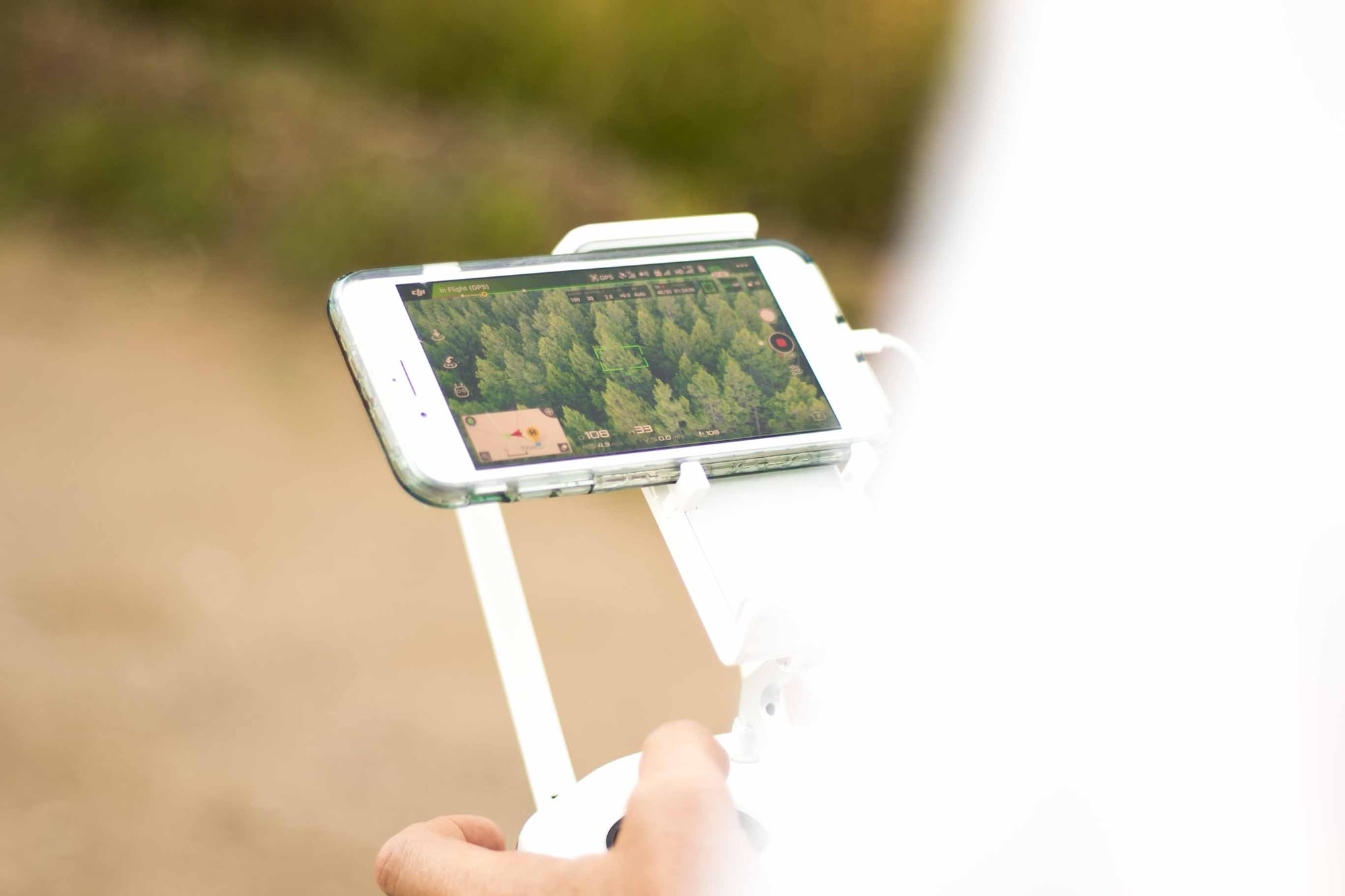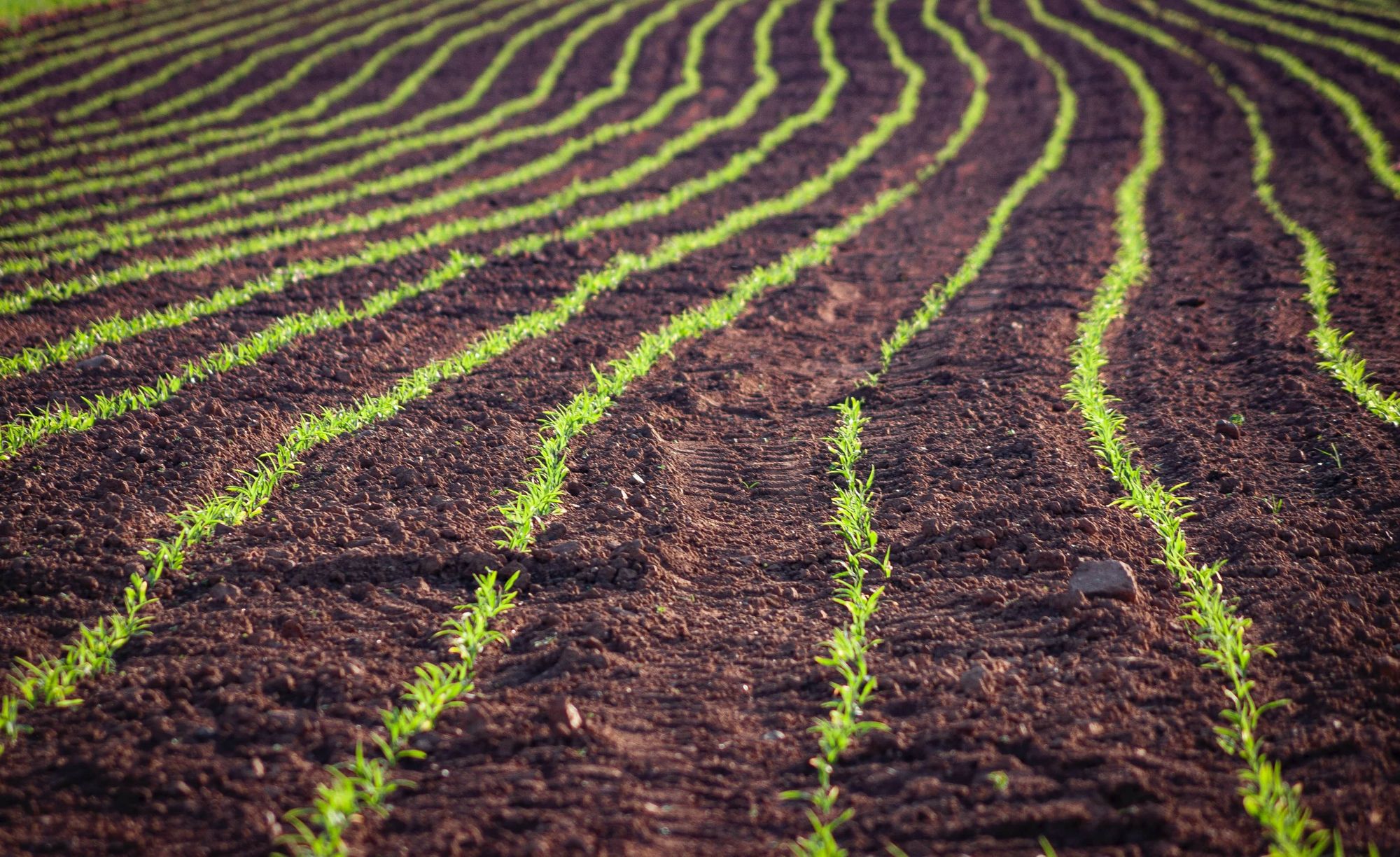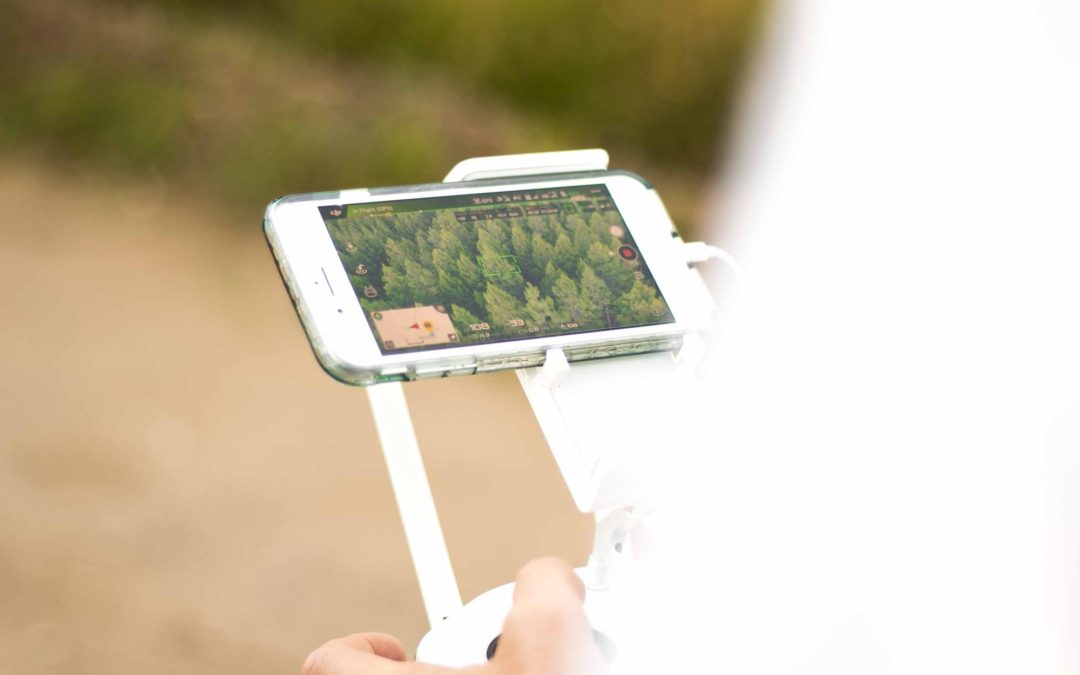
As part of efforts to increase food production, farmers in Togo have roped in drones to collect data to help soil fertility management and detection of diseases. The drones help the farmers in strategic decision-making, but they are also good for everyday maintenance chores.
Farmers in Togo are included in a project that is sparheaded by a company called E-Agri Sky. According to Africa News, farmers in Kovié, some 40 km north of the Togolese capital Lomé, are benefitting from the project.
Togolese farmer, Carlos Sanve, in appreciating the drone technology told Africa
News that the use of drones reduces mechanical damages to crops and is
an efficient tool.
”Their (the drones) way of spraying is better than our way. We need
to walk through the crop to do the spraying, which damages the commodities because we walk on the rice. But they do not touch the field because everything is done in the air. We prefer their method” Sanve said.
E-Agri Sky Coordinator, Pascal Tsekpui told Africa News that the drone
technologies will revolututionalise the agriculture sector in Togo.
“I would say that Africa is a bit behind in the use of these digital tools. But on the other hand, I wouldn’t say that it is a delay but it is a lack of will. I used to watch movies and see just white people doing it and I thought when can we get there? But since we got into it, we’ve seen that we’ve done really good. We have encountered difficulties but we adapt these digital tools to our African context” he said.
In 2020, maize production for Togo was 950 thousand tonnes. The West
African country’s maize production surged from 538 thousand tonnes in 2001
to 950 thousand tonnes in 2020 growing at an average annual rate of 3.4
percent. It is likely that the production could increase further with the help of the technology.

Many other usecases
The Observer Research Foundation (ORF) noted that drones in Africa have
many other uses. These include, observing the movement of displaced vulnerable groups, carrying out search and rescue missions in disaster-risk
zones, deliver emergency medical cargo supplies to inaccessible areas, map
and survey rural land, agriculture and wildlife conservation.
ORF highlighted that a few initiatives:
- In Rwanda and Ghana, Zipline – a San Francisco-based
robotics company is using drones to deliver medical supplies and blood
donations to remote parts of the two African countries. - In Sudan the drones are being used to fight desertification through planting trees and other activities.
- In Malawi authorities are exploring the possibility of drones to
extend Wi-Fi or cell phone signals across difficult terrains. - In Ethiopia drones are being used to combat tsetse flies through seeding of the Sterile Insect Technique (SIT). The method is to release sterile male flies into the native population, after which they mate with non-sterile flies, producing no offspring and consequently lowering the tsetse fly population.
- In Morocco the machines are being used in surveying pot facilities.
Going forward, if drones are properly harnessed on the continent, they can be
a game changer in realising Agenda 2063.
🗳 Since democracy is crucial in a fact-based optimistic world… we remind our readers of the democratic status of the countries we write about:
Togo has a Global Freedom Score of 44 and has the status Partly Free.





